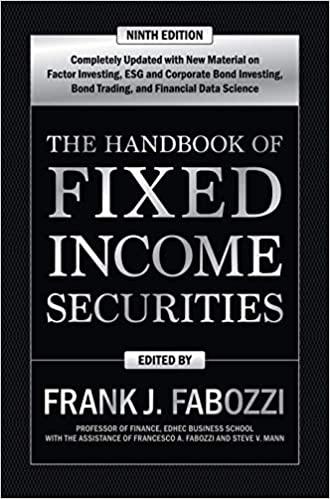
FEDERAL ESTATE & GIFT TAXATION: STUDY PROBLEMS (3) Insured takes out a life insurance policy on Insured's life, and, more than three years prior to Insured's death, the following events occur. To what extent are the life insurance proceeds included in Insured's gross estate at Insured's death? (a) (b) Insured transfers the policy to Spouse. Spouse predeceases Insured and transfers Spouse's residuary estate, including the life insurance policy, to a trust naming Insured as trustee. Under the terms of the trust, income is to be paid to A for A's life, with a remainder to B or B's estate. Insured, as trustee, has the power to surrender the policy and receive its cash surrender value as a trust asset and to invade the trust corpus for the benefit of A or A's estate. Same as question (3)(a), above, except that Insured may invade the trust corpus for Insured's own benefit rather than for A or A's estate's benefit. Insured transfers the policy to a trust providing for income to A for A's life, with a remainder to B or B's estate. Insured is trustee with normal fiduciary powers, including the power to surrender the policy and receive the cash surrender value of the policy as a trust asset. FEDERAL ESTATE & GIFT TAXATION: STUDY PROBLEMS (3) Insured takes out a life insurance policy on Insured's life, and, more than three years prior to Insured's death, the following events occur. To what extent are the life insurance proceeds included in Insured's gross estate at Insured's death? (a) (b) Insured transfers the policy to Spouse. Spouse predeceases Insured and transfers Spouse's residuary estate, including the life insurance policy, to a trust naming Insured as trustee. Under the terms of the trust, income is to be paid to A for A's life, with a remainder to B or B's estate. Insured, as trustee, has the power to surrender the policy and receive its cash surrender value as a trust asset and to invade the trust corpus for the benefit of A or A's estate. Same as question (3)(a), above, except that Insured may invade the trust corpus for Insured's own benefit rather than for A or A's estate's benefit. Insured transfers the policy to a trust providing for income to A for A's life, with a remainder to B or B's estate. Insured is trustee with normal fiduciary powers, including the power to surrender the policy and receive the cash surrender value of the policy as a trust asset







